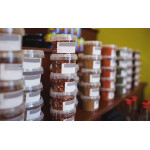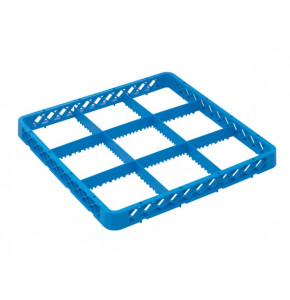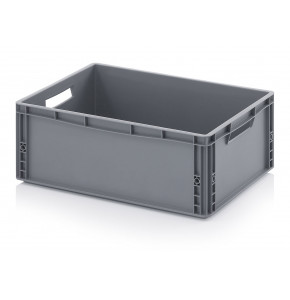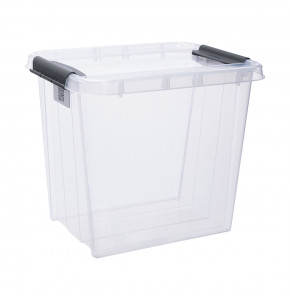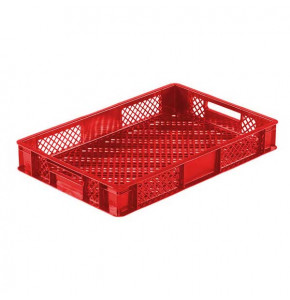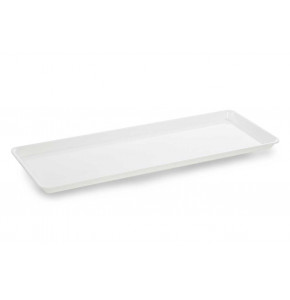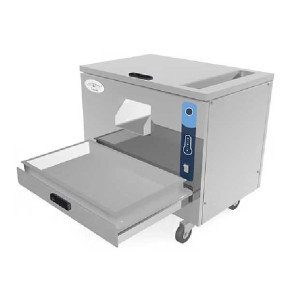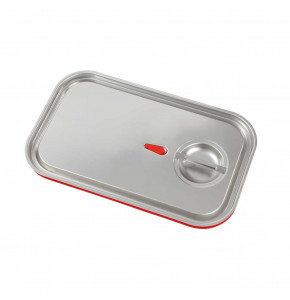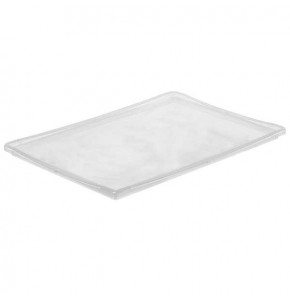Preventing cross contamination
Cross-contamination of food occurs when food becomes contaminated with bacteria, viruses, toxins or chemicals from other foods, cooking utensils, work surfaces or food handlers. This can lead to health risks such as allergic reactions, infections and food poisoning. To prevent risks, it is important to follow good food hygiene practices to minimise the risk of cross-contamination.
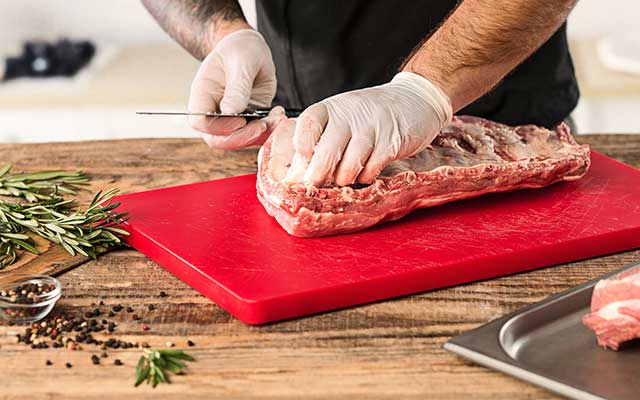
How to prevent food-borne diseases?
There is a wide range of food-borne illnesses that can cause simple stomach aches and in the worst cases lead to death. In 2015, the World Health Organisation recorded 23 million cases of food-borne illnesses in the European region, of which 5,000 proved fatal. In order to prevent these risks as much as possible, it is important to be aware that every stage of food preparation can be subject to contamination. Indeed, food can be contaminated from the moment it is purchased, during preparation and when it is served. The implementation of a programme and following the Hazard Analysis Critical Control Point (HACCP) recommendations can help to identify, limit or eliminate factors that may be responsible for contamination of items.
Some recommendations for preventing cross-contamination
Prevention through hygiene
Scientists have separated out about 400 species from this enormous quantity of 100,000 billion bacteria. 10% live on our skin and the remaining 90% are in our digestive system: from the mouth to the colon, via the oesophagus and the intestine. Once you are aware of these facts, it is important to pay special attention to your personal hygiene when preparing food. In addition to the skin, it is also important to consider clothing, which can also be a vector for pathogens. When preparing food, it is advisable to
- Wear an apron and head covering to avoid external contaminants from clothing and the body.
- Wearing gloves can be an important element in limiting contamination. A change of gloves should be made when handling new types of food.
- Wash hands regularly, especially when handling raw meat, fish and poultry. As a reminder, according to the Agence Régionale de Santé, on average, an individual's hand comes into contact with his or her face up to 3,000 times in one day.
Prevention through storage
In order to limit the risks of cross-contamination during storage, it is imperative to apply good practices. For each type of food, it is necessary to select a suitable storage for refrigerator storage. Many types of food are often stored in the same place and in an uncontrolled way, thus increasing the risks. When organising your kitchen, follow the guidelines for safe food storage:
- Keep raw meats and dairy products in well-sealed, sturdy food storage containers to avoid contact with other foods.
- It is recommended to store foods in the following order from top to bottom according to the minimum internal cooking temperature of each product: ready-to-eat foods, seafood, whole beef and pork, ground meat and fish, whole and ground poultry.
Prevention during preparation
Despite perfect preservation, there is no such thing as zero risk. Cross-contamination can occur during food preparation. To limit this risk, you can follow the following recommendations:
- Clean and disinfect surfaces before preparing food. Caution: Failure to clean a work surface after preparing raw meat will contaminate any food or equipment you place on it afterwards.
- Use different coloured cutting boards to differentiate between supplies used for raw meat, fish, poultry, fruit and vegetables. This colour coding can also be applied to knives.
- To avoid contamination, equipment should be separated from food storage areas once it has been cleaned and disinfected.
To avoid cross-contamination in your kitchen, whether you are a professional or a private individual, it is important to respect and apply sanitary habits throughout the food and dish preparation process.
 Francais
Francais 
 Cart
Cart Quote
Quote